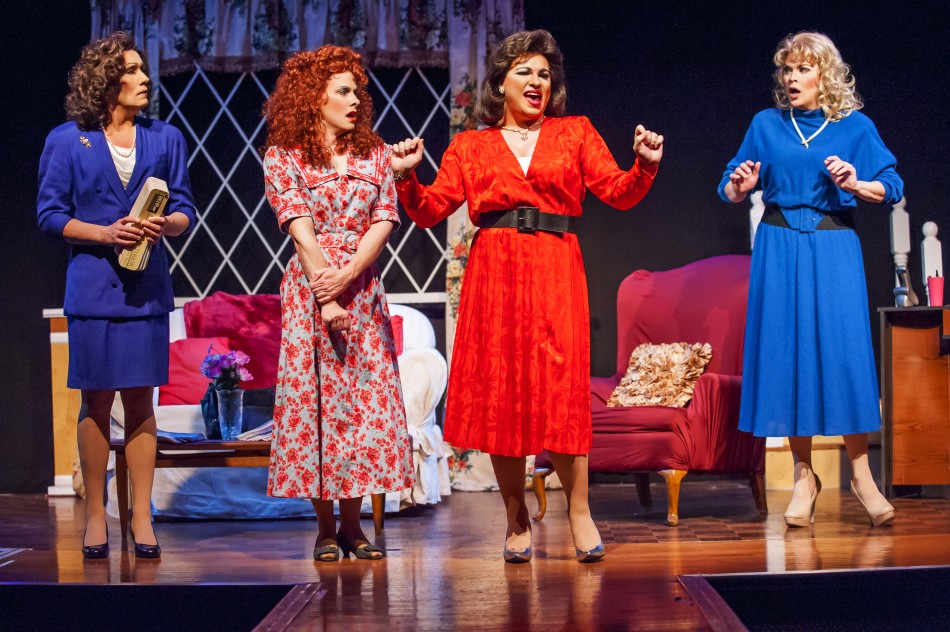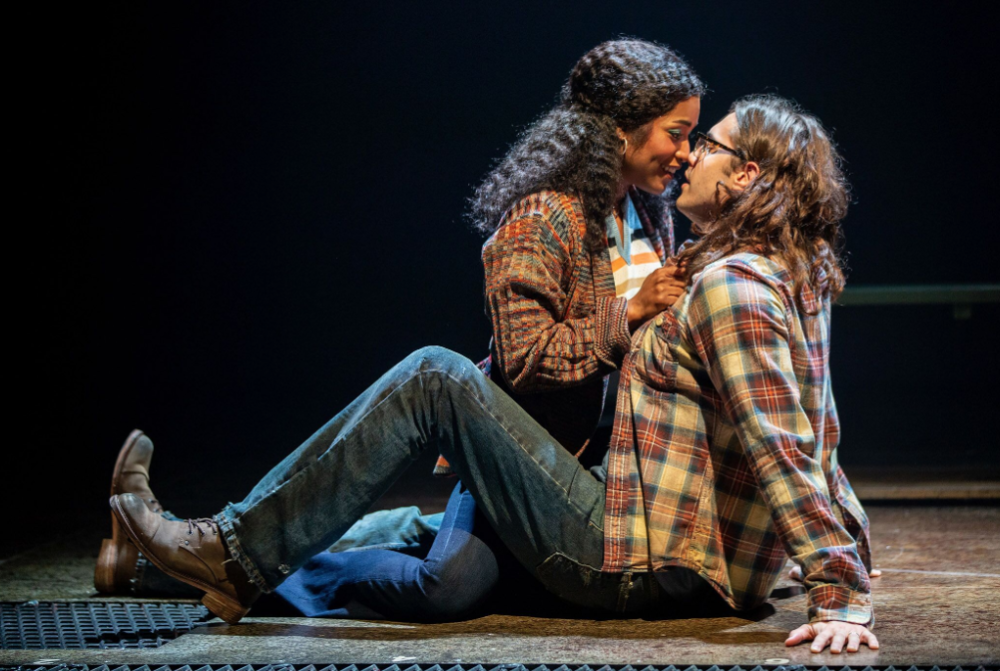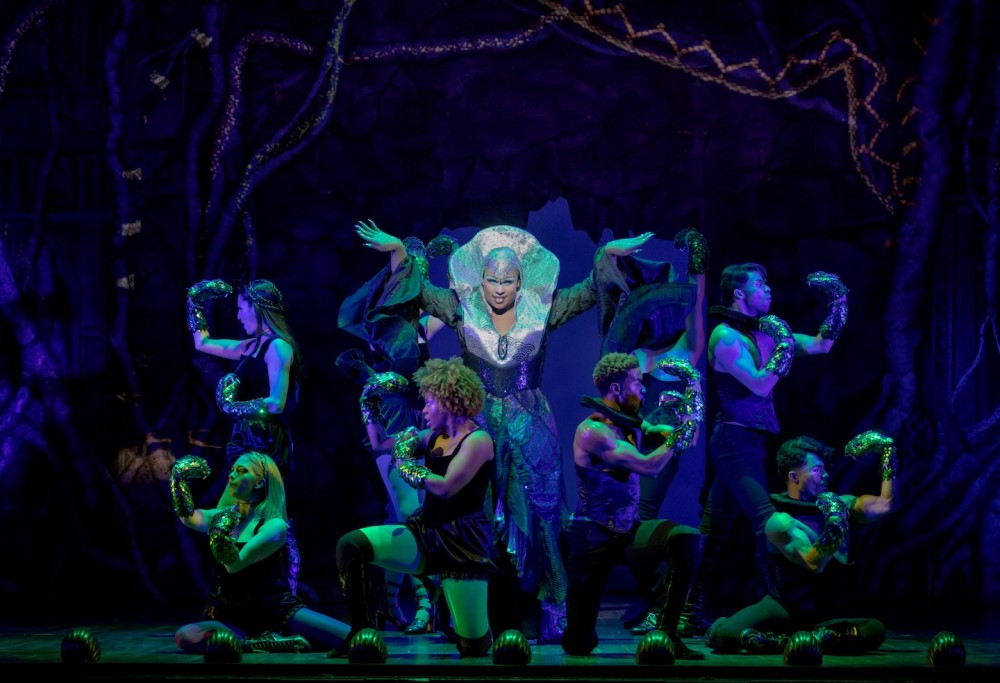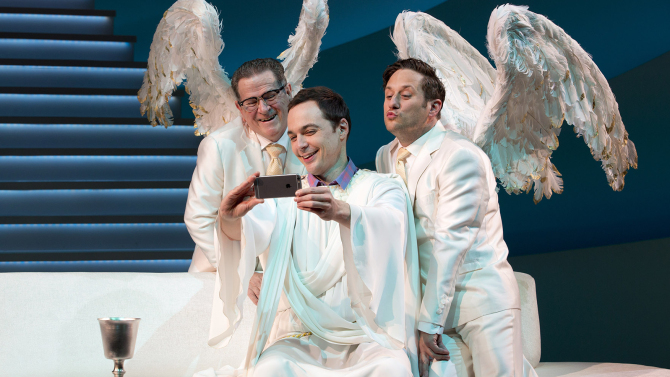By Marcina Zaccaria . . .
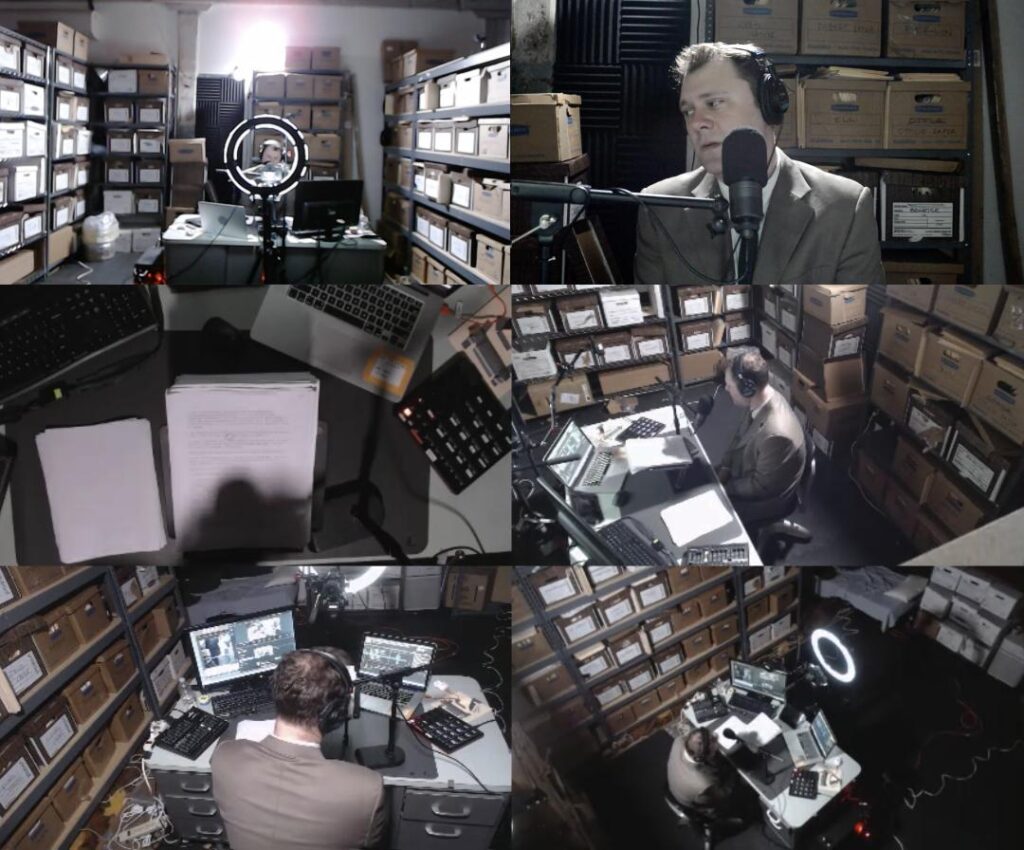
It’s a high energy rant by a lead character reading for his life. Letter to my Father follows the anxiety-filled vision of one yearning to advance beyond his 36th year. Seeing his marriage in the distance, he recalls past abuse from a father figure dominating his every thought.
Director James Rutherford brings the audience into a claustrophobic, flea-ridden catastrophe of a room covered with papers, notes, and archival boxes. Foam covers dirty walls that reveal a type of prison cell or bomb shelter, where urgent messages can be released. On live-stream, from several cameras, audience members can alter their vantage from moment to moment, with a click of a button. With the Multistre.am technology provided, the focus can be all yours. It’s unlike VR, where a coordinating headset allows the capability to utilize motion to pick out objects of interest in a room. Audience members can easily cast themselves in the position of Analyst or Director, choosing angles to observe a frightened, already objectified male.


Like a little rat in a very ugly maze, Michael Guagno tempers his despair with an extraordinary need to counter parental domination. The text by Franz Kafka, written in 1919, was translated by Hannah Stokes and Richard Stokes. In it, the Bohemian author who wrote The Metamorphosis or The Trial desperately cries of indignation, with a need to document moments among men that have gone under-corrected.
Michael Guagno was convincing in his need to speak and be heard. Taking deep breaths, his silvery jacket bubbles over his neatly pressed t-shirt. In a land of archival excavation, he aims to present with style. His struggle against enslavement competes with a type of tech mastery, where he controls even the release of his father’s voice. Proving to be a Wiz at utilizing the cameras and voice modulators surrounding him, he presses a button to hear the father figure say, “I’ll gut you like a fish.” Meanwhile, underlying, rippling sound breaks through, creating a pathway for language, like a tidal wave crashing through the dark.


M-34 means to challenge the viewer but does not require them to witness a subsequent trial. In this way, the production exists in a 1919 -2030 post-apocalyptic world where men are men, and women might still hold the key to the future. While accepting that Letter to My Father is really about a young man desperate to evolve into something greater, we are provoked to ask: are efforts towards human equity always futile? Will men who have suffered always be trapped in the corner praying that someone will hear the message?
Letter to My Father is available via link through March 28th. Be certain to take a minute to watch the brief information session about how to view the performance, as the Multistre.am experience is a step away from a Zoom or YouTube reading. It’s meant for those who appreciate the complication of it. For more information: at https://www.M-34.org.




